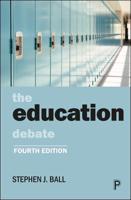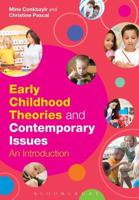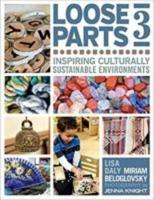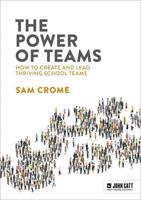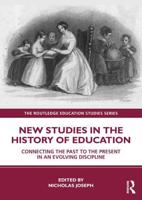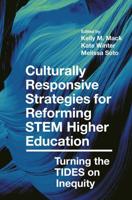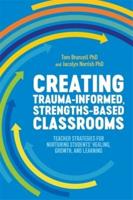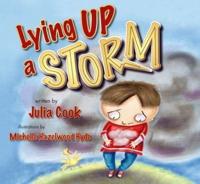Publisher's Synopsis
Rehabilitation professionals working with students with disabilities and the families of those students face unique challenges in providing inclusive services to special education student populations. There needs to be a focus on adaptive teaching methods that provide quality experience for students with varying disabilities to promote student success and inclusivity. Critical issues within these practices span autism, diverse students, gifted education, learning disabilities, behavioral and emotional disorders, and more. With having many different types of students with vastly different situations, it is important for rehabilitation professionals to understand the best practices and learning systems for special education students who have a wide range of needs and challenges.
The Handbook of Research on Critical Issues in Special Education for School Rehabilitation Practices focuses on the issues and challenges rehabilitation professionals face in special education and how they can provide inclusive and effective services to diverse student populations. This book highlights topics such as culturally responsive teacher preparation, artificial intelligence in the classroom, universal design, inclusive development, and school rehabilitation and explores the effects these newfound practices in education have on various types of students with disabilities. This book is essential for special education teachers, administrators, counselors, practitioners, researchers, academicians, and students interested in the new methods, theories, and solutions for the best practices in inclusive and effective special education.

